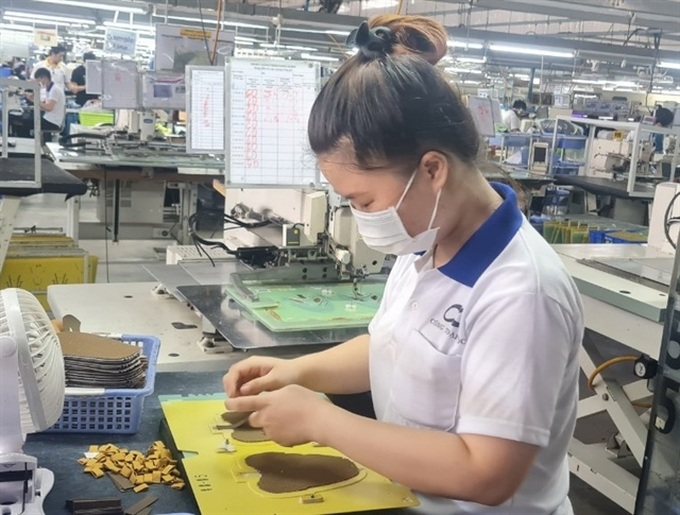
By 2025, the province expects to raise the proportion of industry and construction in its economy.
Industrial zones will be expanded and each district will have from one to three industrial clusters.
To achieve this, the province needs more new workers every year.
It must have about 6,000-7,000 people with basic qualifications, and about 1,000 - 2,000 people with intermediate, college or higher level, per year.
Labourers will work in high-demand industries such as automation, electricity - electronics, electrical engineering, mechanical engineering and translation.
Facing this reality, Bình Phước strives to enrol and train about 80,000 workers by 2025.
The rate of graduates having jobs is set to be over 85 per cent.
At least 30 per cent of vocational schools and 50 per cent of training programmes for key occupations and industries will meet quality accreditation standards.
By 2030, the province strives to enrol and train about 120,000 workers.
Over 90 per cent of graduates will have jobs.
At least 70 per cent of vocational schools and 100 per cent of training programmes for key occupations and professions will meet quality accreditation standards.
About 90% of training fields will be built and updated with standards based on the National Qualifications Framework.
To achieve this goal, deputy chairwoman Minh said the province would strengthen training capacity of public vocational schools.
The Bình Phước College will be upgraded into a core school in vocational training.
The province will create favourable conditions and encourage private vocational schools to increase training capacity in both quantity and quality.
It urges administrative procedure reform for increased investment resources in vocational education.
Minh emphasised that the locality should strengthen investigation and survey of labour market needs, improving the quality of job demand forecasting.
The province will support vocational schools to open new majors associated with promoting science and technology research, transfer and application.
It will develop training programmes with concurrent work and study components.
